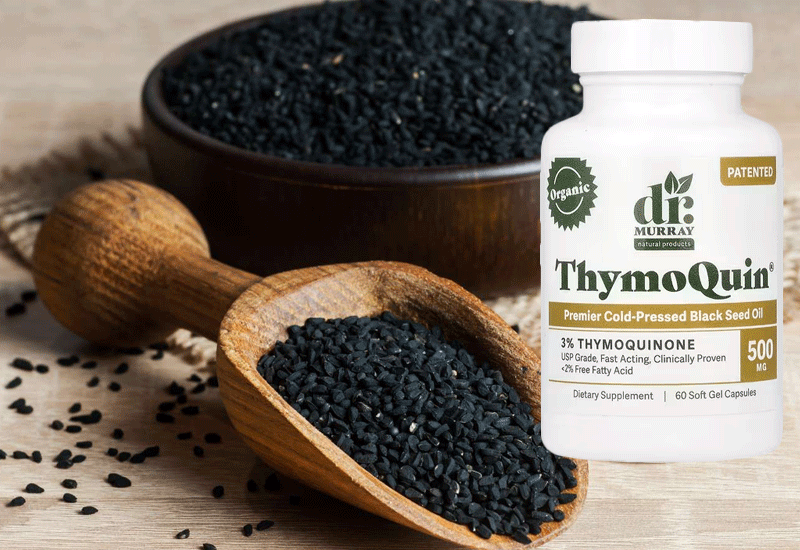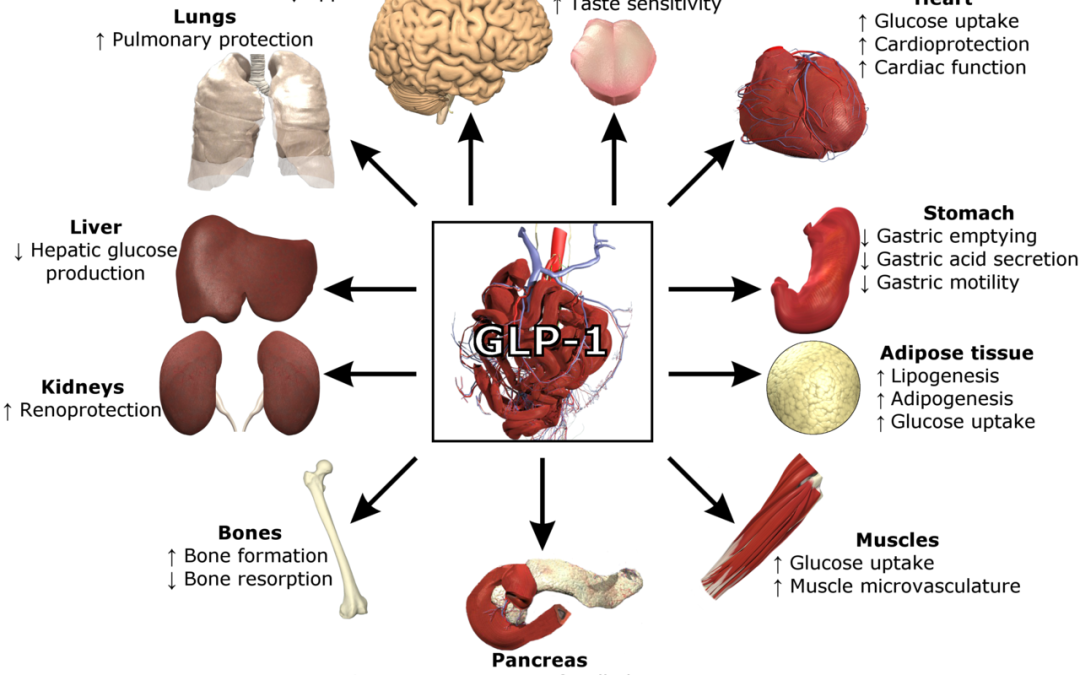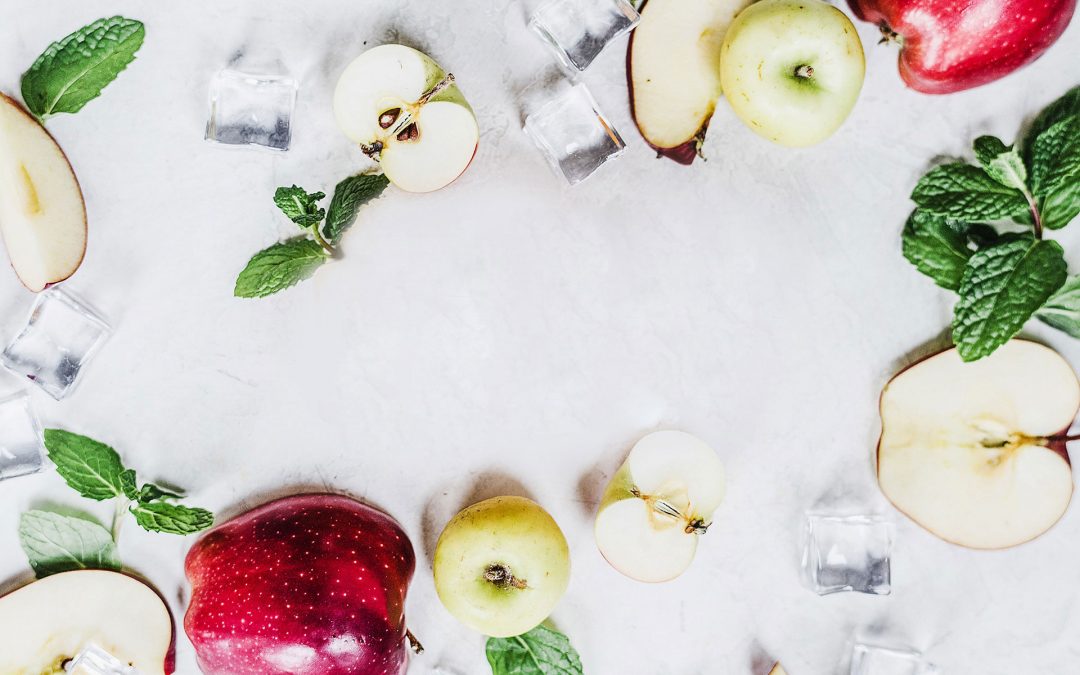
by Dr. Michael Murray | Aug 20, 2024 | Most Recent, Natural Facts
THYMOQUIN INTRODUCTION One of the most revered traditional herbal remedies is the oil from black seed or cumin (Nigella sativum). In fact, black seed is mentioned more frequently than any other plant in the Bible. Native to the Middle East, India, North Africa,...

by Dr. Michael Murray | Jan 15, 2024 | Featured, Most Recent, Natural Facts
The Truth AboutAlcohol and Health Introduction The idea that moderate alcohol consumption offers health benefits is based on a lot of bad science and myth. While many people want to believe that having a glass or two of red wine or other alcoholic beverage on a near...

by Dr. Michael Murray | Apr 5, 2023 | Most Recent, Natural Facts, Weight Loss
Invest In Your Health There is a Better Choice for Weight Loss The latest prescription weight loss craze is a once-weekly injection of Wegovy (semaglutide) at a cost of over $1,400 per month. Wegovy is a higher dosage version of Ozempic, a drug also produced by big...

by Dr. Michael Murray | Sep 21, 2021 | Healing Food Facts, Most Recent, Natural Facts
Dr. Murray’s Top 7 Superfoods Introduction In order to provide some framework for discussion, my definition of a superfood is one that provides exceptional health benefits. Obviously, virtually any food, herb, or spice has the potential to be a superfood. But, most...

by Dr. Michael Murray | Apr 2, 2021 | Featured, Most Recent, Natural Facts, Supplements
Building a Supplement Program: The Importance of a Foundation Introduction Dietary supplements include vitamins, minerals, other food factors, and herbal compounds. The very term dietary supplement indicates these compounds are supplementary measures for your...

by Dr. Michael Murray | Mar 30, 2021 | Most Recent, Natural Facts, Psychological Health
Be Positive and “Awe-Inspired” Introduction: The field of positive psychology is providing valuable insights on exactly how our emotions influence our lives and our physiology. One area of body function that is very closely tied to our emotional experiences is the...









